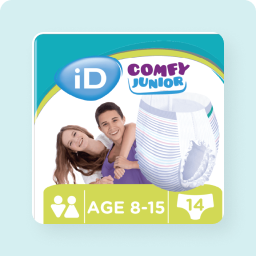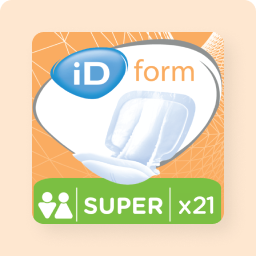Discover engaging sensory summer activities for children with disabilities. Save our Monthly ID Activities Planner to find fun, safe, and stimulating activities tailored to individual sensory needs, ensuring a fulfilling and enjoyable summer holiday for both children and parents. Summer holidays are a time when children look forward to…
4 Exercises for Urinary Incontinence Relief
- 07/24/2024
Discover effective exercises to help alleviate urinary incontinence and improve bladder control. Understanding Urinary Incontinence Urinary incontinence is a common condition that affects many individuals. Understanding the causes and symptoms of urinary incontinence is the first step towards managing and finding relief from this condition. One of the main causes…
Embarking on a journey is an exciting adventure, and for those managing incontinence, it can present unique challenges. But fear not! With a bit of careful planning and a positive outlook, you can make the most of your travels without letting continence care become a roadblock. In this blog post,…
Your Simple Guide to Understanding Incontinence Stages and Choosing the Right Products that Suit You
- 03/15/2024
Introduction Managing incontinence can be challenging, but the good news that it’s crucial to recognize that it’s a common and manageable condition. It’s a journey unique to each individual so this blog aims to explain the significance of understanding the diverse stages of incontinence and how selecting the appropriate products…
Everyone knows that sports and exercise can be really good for your health, boosting benefits such as decreasing your risk of major illness by up to 30%1. In fact, it’s recommended that you do a mixture of strengthening exercises and moderate-intensity activity four to five times a week2. Yet, if…





